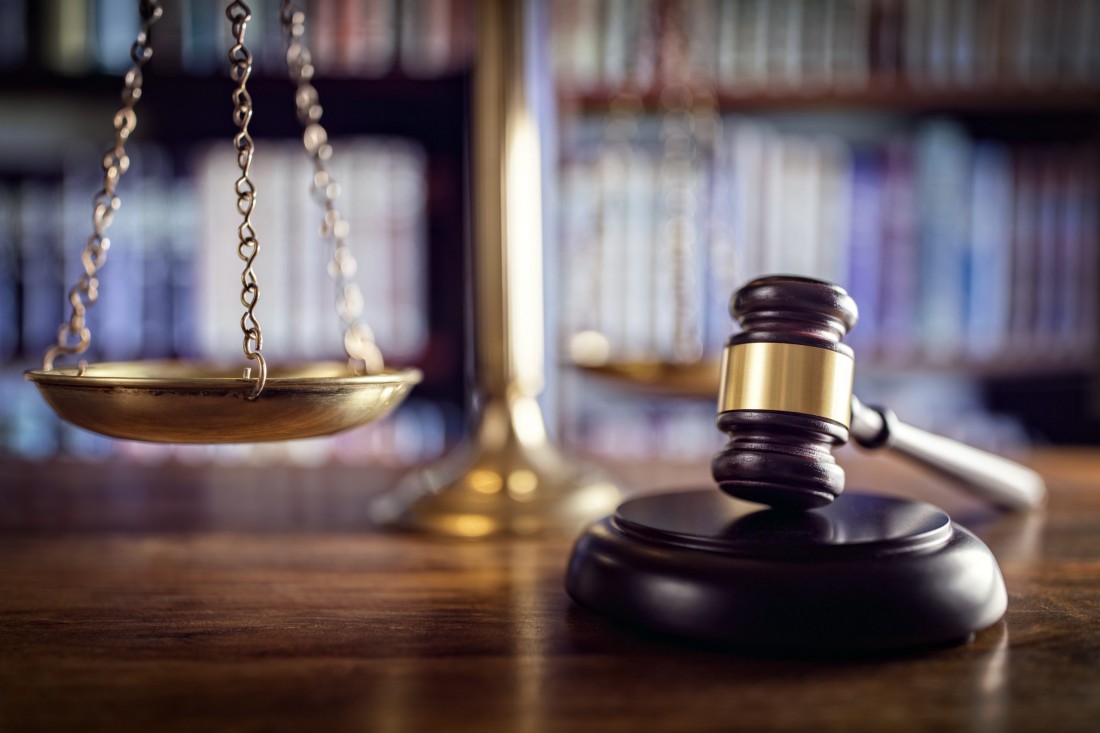Collateral Consequences of the Criminal Justice System – Durham
More than 1.6 million people in North Carolina have a criminal record. A misdemeanor or felony conviction of a crime may have far-reaching consequences, both criminal and civil. When a person is convicted of a crime, the sentence imposed by the judge contains the criminal consequences, which may include imprisonment, probation, fines, and other punishments. Additional consequences, often called civil or collateral consequences, also occur because of a conviction, but they are separate from the criminal sentence—they may arise automatically from the conviction and not be specifically imposed or even mentioned at sentencing in the criminal case.

The Challenge
More than 1.6 million people in North Carolina have a criminal record. A misdemeanor or felony conviction of a crime may have far-reaching consequences, both criminal and civil. When a person is convicted of a crime, the sentence imposed by the judge contains the criminal consequences, which may include imprisonment, probation, fines, and other punishments. Additional consequences, often called civil or collateral consequences, also occur because of a conviction, but they are separate from the criminal sentence—they may arise automatically from the conviction and not be specifically imposed or even mentioned at sentencing in the criminal case. Collateral consequences may be imposed by state or federal law (de jure consequences) and may include ineligibility for a professional license, loss of the right to possess a firearm, inability to vote, and other disabilities and disqualifications. Disenfranchisement, or losing the right to vote, is a serious consequence that affects the ability of offenders to become involved citizens. Learn more: Relief from a Criminal Conviction.
Discretionary consequences also include those that influence the job prospects of someone with a conviction. For example, an employer may decide not to hire a person because of a criminal conviction. As many as 60 percent of North Carolinians with a criminal record remain unemployed within one year of being released. Those fortunate enough to secure employment earn an average of 40 percent less income than their co-workers without a criminal record, even when performing the same duties (Advancing Employment Equity in Rural NC report). Landlords, colleges, and other entities may react similarly, limiting the housing and education choices for which past offenders can apply.

The Solution
Limiting housing, employment, education, and civic involvement creates challenges for individuals with criminal records. These consequences are particularly damaging for those who are eligible for expunctions. An expunction is a legal process that removes the criminal conviction or charge from a person’s record, either immediately or after certain conditions are met. Being granted an expunction from a judge can help restore a petitioner’s life to its state pre-conviction, but historically, parties typically learn that they are eligible after the negative impact of a charge on their record has affected their opportunities. However, in many cases, individuals may be eligible for “real time” expunctions that could prevent these negative consequences.
Durham Expunction and Restoration Program (DEAR) provides legal support so that individuals potentially eligible can access “real time” expunctions and avoid collateral consequences. DEAR also helps individuals with traffic citations and unpaid fines get their driver’s licenses restored, which helps them maintain employment by ensuring adequate transportation. The DEAR driver’s license restoration program started in 2017 and the expunction program began in 2018. DEAR works with petitioners by giving them access to legal clinics at the NC Pro Bono Resource Center, as well as the NC Central University and Duke University schools of law. This legal assistance helps petitioners identify whether they are eligible for expunction or restoration and guides them through the process, reducing the number of people who experience negative consequences for low-level, dismissed, or wrongful convictions.

Source: Durham Expunction & Restoration Program
The Players
DEAR is a collaboration between the Durham district attorney’s office, the City of Durham, DEAR Durham, the NC Pro Bono Resource Center, the NC Central University School of Law (NCCU), and the Duke University School of Law. DEAR Durham is the core of the collaboration, working with the Durham court system to redirect those who are eligible for expunction and license restoration and provide them with legal and financial support. DEAR Durham works with the Pro Bono Resource Center, NCCU, and Duke to connect eligible participants with legal representation that provides assistance for appeals to remit fines and fees, restore driver licenses, and expunge criminal records.

Source: UNC-TV DEAR driver’s license restoration participants outside the county courthouse.
The Promise
As of early 2019, the DEAR program worked to remit over $1.5 million dollars in traffic-related fines and fees, and restored the licenses of over 6,000 North Carolina drivers who could not afford to pay the costs of past citations (some decades old). Doing so enabled these drivers to travel more safely and legally, reducing the risk of uninsured drivers or those with suspended licenses having accidents, further citations, or even arrests for driving with a suspended license. Many communities do not have a strong public transportation system, which makes it necessary for residents to drive in order to get to work, transport their children to school, or purchase food at the grocery store. Those with citations less than two years old or with high-risk offenses, like driving while intoxicated, are not eligible for the restoration program.
DEAR Durham expunction participants have their petitions heard much faster by the courts because they provide legal assistance for those who cannot otherwise afford it. Expunging past charges removes criminal records from background checks for employment and housing applications. Sharrocka Pettiford, a participant in both the restoration and expunction programs, says the DEAR program led to two new jobs, more safety and security when she drives her children to school events, and relief from the pressure of past dismissed charges. Providing these services in the community enables more Durham residents to be safely housed, gainfully employed, and able to take advantage of area opportunities.
